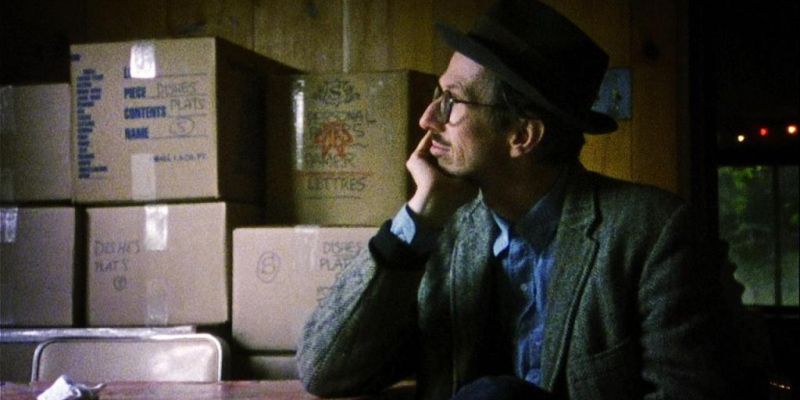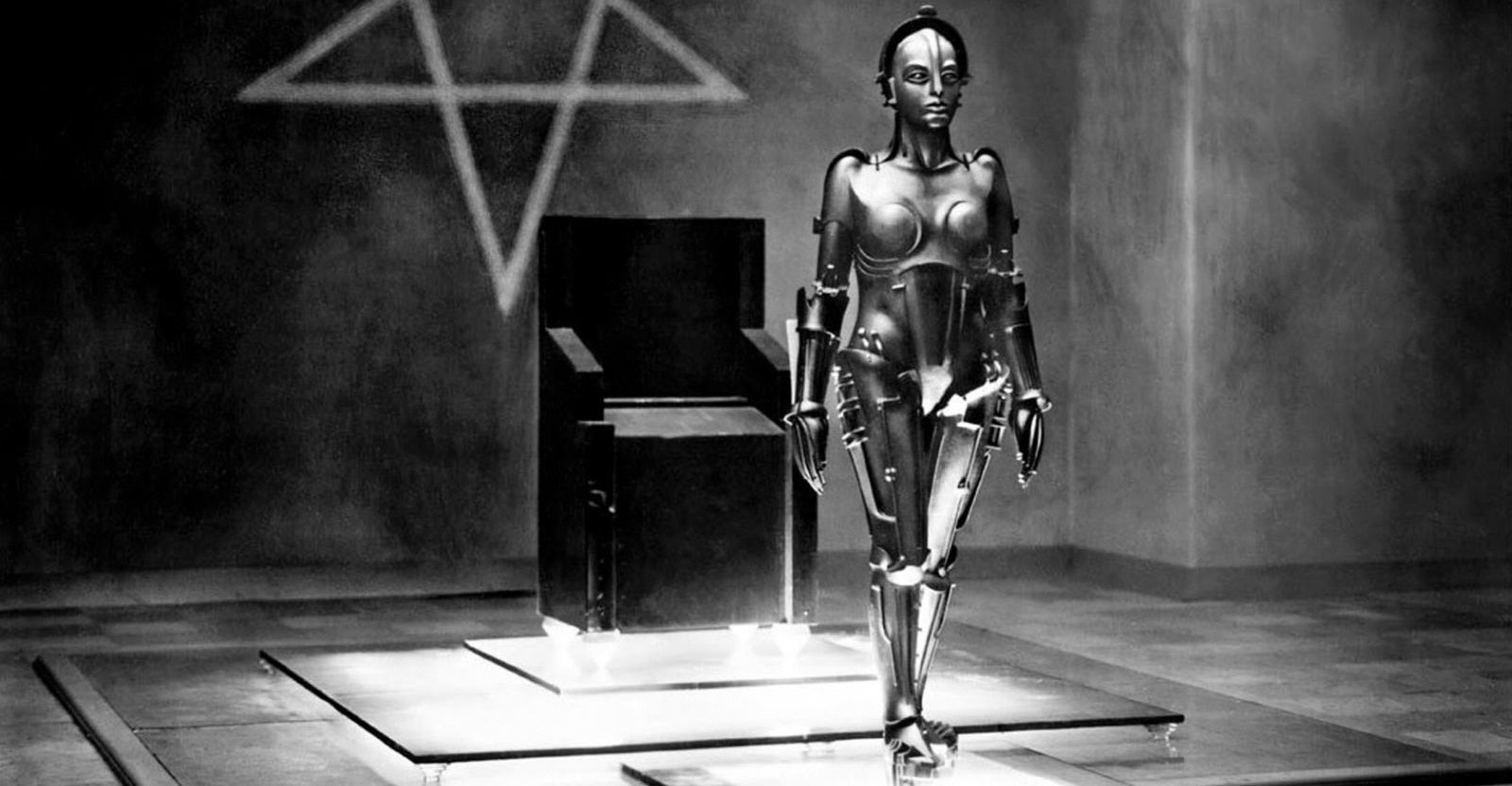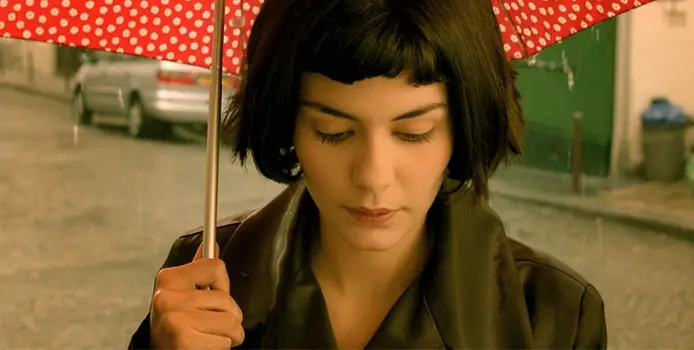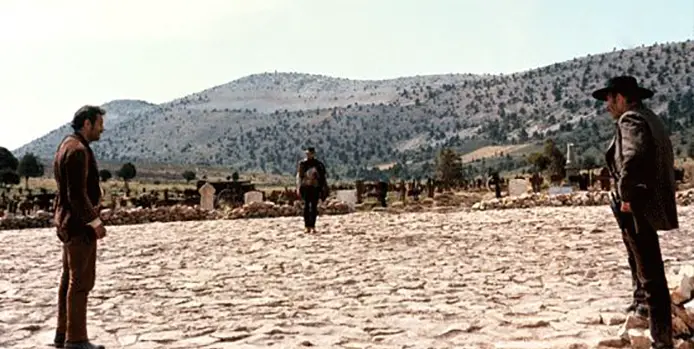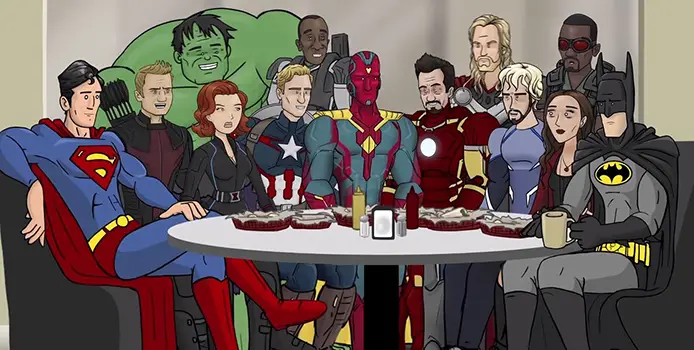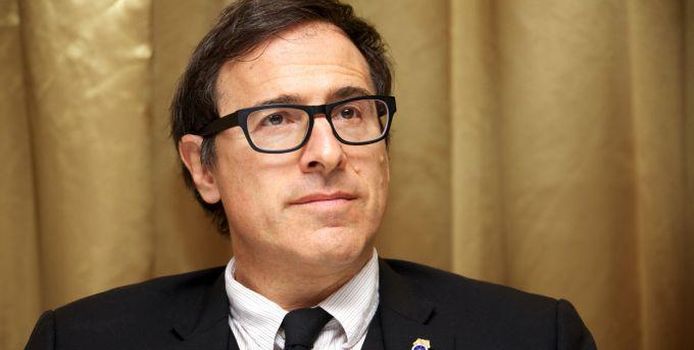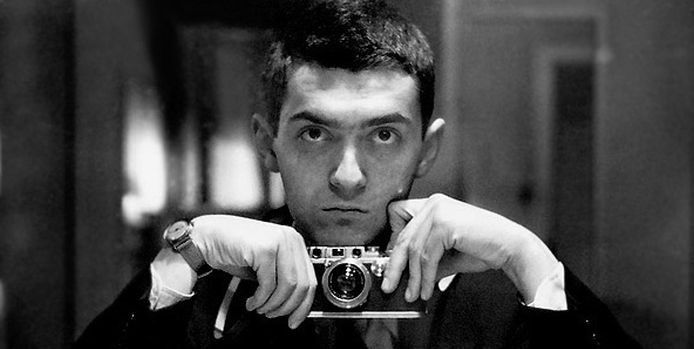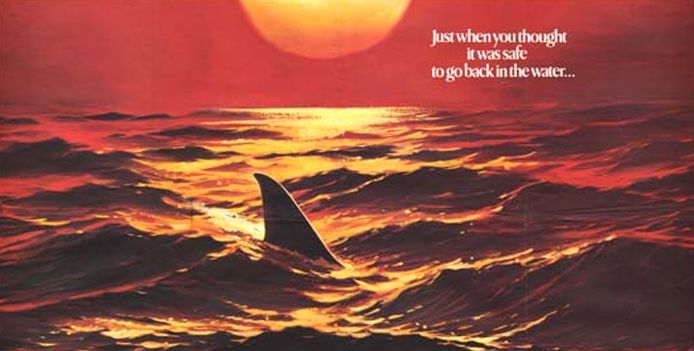filmmaking
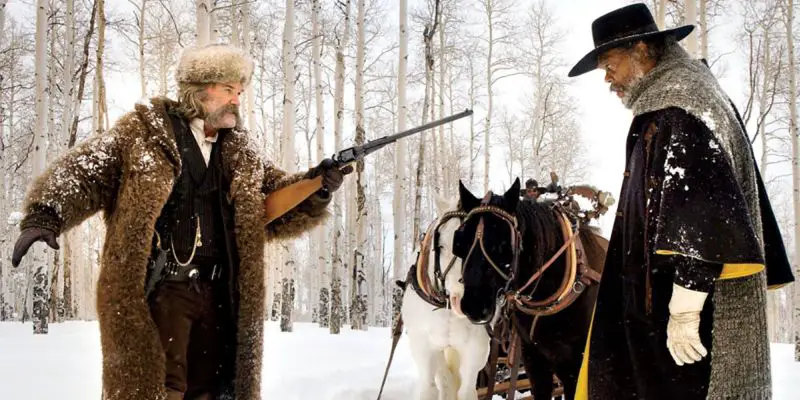
As 2015 comes to a close, the promises of 2016 in film leave excitement fizzling like the fireworks of New Year amongst Quentin Tarantino fans. We have been treated to an influx of releases ripe from the mind of the divisive director over the past few years, with Inglourious Basterds and Django Unchained providing much controversy and dividing many opinions, but it is The Hateful Eight that is now beginning to incite anticipation about its January release. But, as this excitement grows towards the end of Tarantino’s twenty-fourth year in the filmmaking business, the success he enjoys now has progressed in an initially unexpected way.

Hanna Polak is a documentarian whose films have been screened the world over. It only took her two directorial efforts for her to be recognized by the Academy, as her memorable film Children of Leningradsky was nominated for Best Documentary Short in 2005. After spending some time as a director for hire, Polak is returning to the international documentary scene with an absolutely remarkable film over 14 years in the making, Something Better To Come (you can read my review here).

Closely approaching Quentin Tarantino’s new film The Hateful Eight arises expectations not only because of the name he has created for himself, but also because we are aware of the repeating pattern of collaborators in his films. But this piece is not about the cast of the film nor about Tarantino’s specific style. It is about the collaborators behind the scene, specifically on his first time collaboration with Ennio Morricone as a composer of the film’s original soundtrack.

Editor’s Letter Essay of week 41 Since Film Inquiry’s inception it’s been our goal to promote diversity in film. Admittedly, I always think of diversity in film in the broadest sense for Film Inquiry: include and promote women, minorities, the LGBT community – and international and independent film, too.
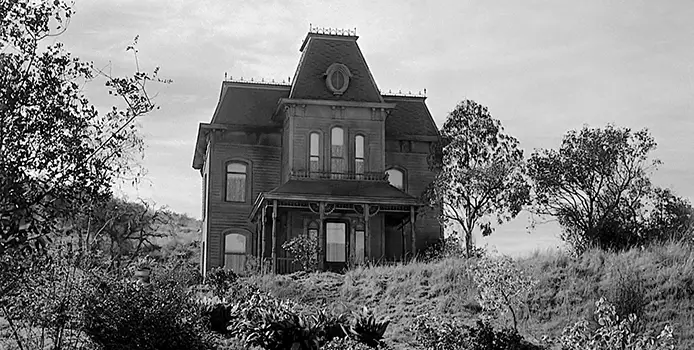
In 1960, Alfred Hitchc*ck saw the future. The British director had been a force in cinema since silent films, but the 1950’s were by far his most successful decade at the movies. He churned out blockbuster after blockbuster, all filmed in gorgeous color with top Hollywood stars like James Stewart, Cary Grant, and Grace Kelly.

Entourage is an extremely puzzling film. Keeping in mind that the TV show giving rise to the film is superficial in nature, I don’t mean puzzling in the way you’d describe an Alain Renais film as puzzling. No, it is the reasons and decisions around everything to do with the film that I don’t quite understand.
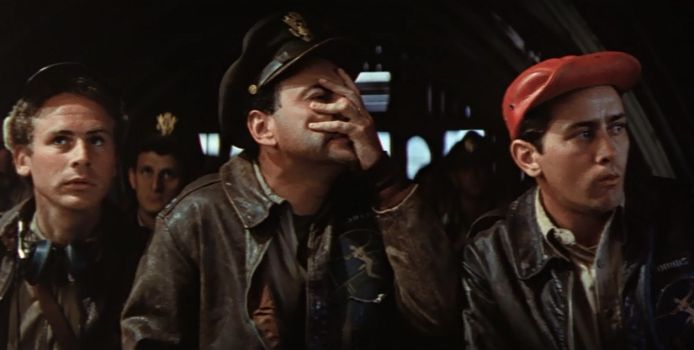
With a Finger in Each Ear, We March Blindly On The Vietnam War, which had begun as a geopolitical chess match in the 1950’s, escalated into a full blown land war in 1965 when President Lyndon Johnson authorised the use of American ground troops to help South Vietnam defeat the Communist North. More than any conflict in the 20th Century, Vietnam segregated America into a civil war of ideals. The burgeoning counterculture rejected and rallied against it, even denouncing the troops themselves.


